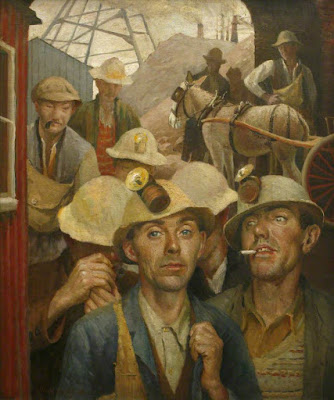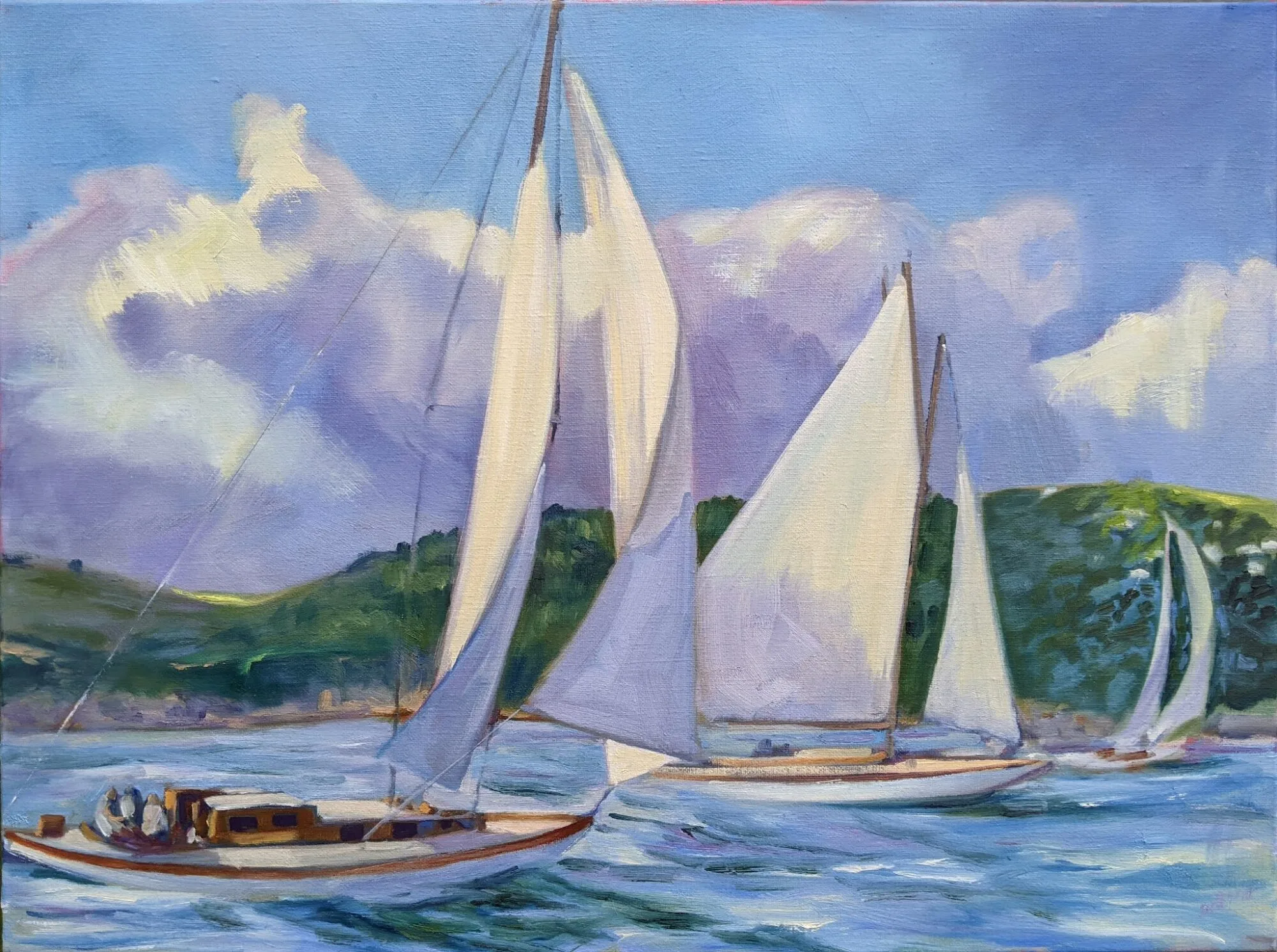If we let the United Airlines mugging go unpunished, we can kiss our democracy goodbye.
 |
|
The Third of May 1808, 1814, Francisco Goya, Prado
|
For most of human history, citizens have, rightly, feared their governments or their neighbor’s governments. Ever since we ceded the power of defense to men on horseback, we’ve been in a battle for control. Much of the time the knights on horseback were the winners.
The 20th century was the age of the dystopian novel, because it was a century where governments repeatedly killed millions of their own and others’ citizens. My generation was educated on Brave New World, Nineteen Eighty-Four, Fahrenheit 451, Alas, Babylon, and A Clockwork Orange. These books warned us about our governments, but didn’t see the American corporation as a possible threat to our liberty and privacy.
Every morning, when I finish writing this blog, I look at Google Analytics. It tells me the age and gender of people who read my blog and website, where you live, what you’re interested in, and how long you tarry. That’s pretty low-level data mining, but it’s as much information as I want. Others use your browsing and buying habits for more direct marketing. That, for example, is how the ads are populated in your Facebook feed and why you keep getting on more and more email lists.
 |
|
Sturm (Riot), 1897, Käthe Kollwitz
|
Since President Dwight D. Eisenhower warned us about “unwarranted influence, whether sought or unsought, by the military–industrial complex” in his farewell address, there have been scattered warnings about the potential dangers of collusion between government and business. This week’s news story of a man being dragged off a United flight is an example of why we should worry more about this than about our government alone. A government employee (a Chicago Department of Aviation security officer) was used to drag a passenger from a plane owned by the world’s fourth-largest airline. The citizen has very few tools to resist that combination of power.
I am reminded of an incident from the end of the Roman Republic. Publius Clodius Pulcher was an aristocrat who knew that success was to be had by masquerading as one of the guys. As Tribune, he passed populist legislation that culminated in the disastrous free grain dole. He also deregulated gangs. That meant that thugs could roam Roman streets threatening anyone who opposed our man Clodius. In the end, that violence cost Clodius’ own life, but it was also the end of representational government in Rome.
Students of more modern history will remember the role played by the Sturmabteilung (SA) in destabilizing already-tottering Germany to make room for the Nazis.
 |
|
St Just Tin Miners, 1935, Harold C. Harvey , Royal Cornwall Museum
|
Jackbooted thugs can never be allowed to function with impunity, whether they’re acting on behalf of the government or an airline. They must be ruthlessly suppressed through the courts, in the marketplace, and in public discussion. That includes through art.
Do we, as artists, have the chops and courage to paint such scenes? Or have we been diddling with ‘concept’ for so long that none of us can describe reality with our brushes? It’s easy to spray-paint slogans on a wall and pretend that’s art. It’s much more demanding to reproduce the faces of suffering, as did Käthe Kollwitz, Francisco Goya, and many others who came before us.





